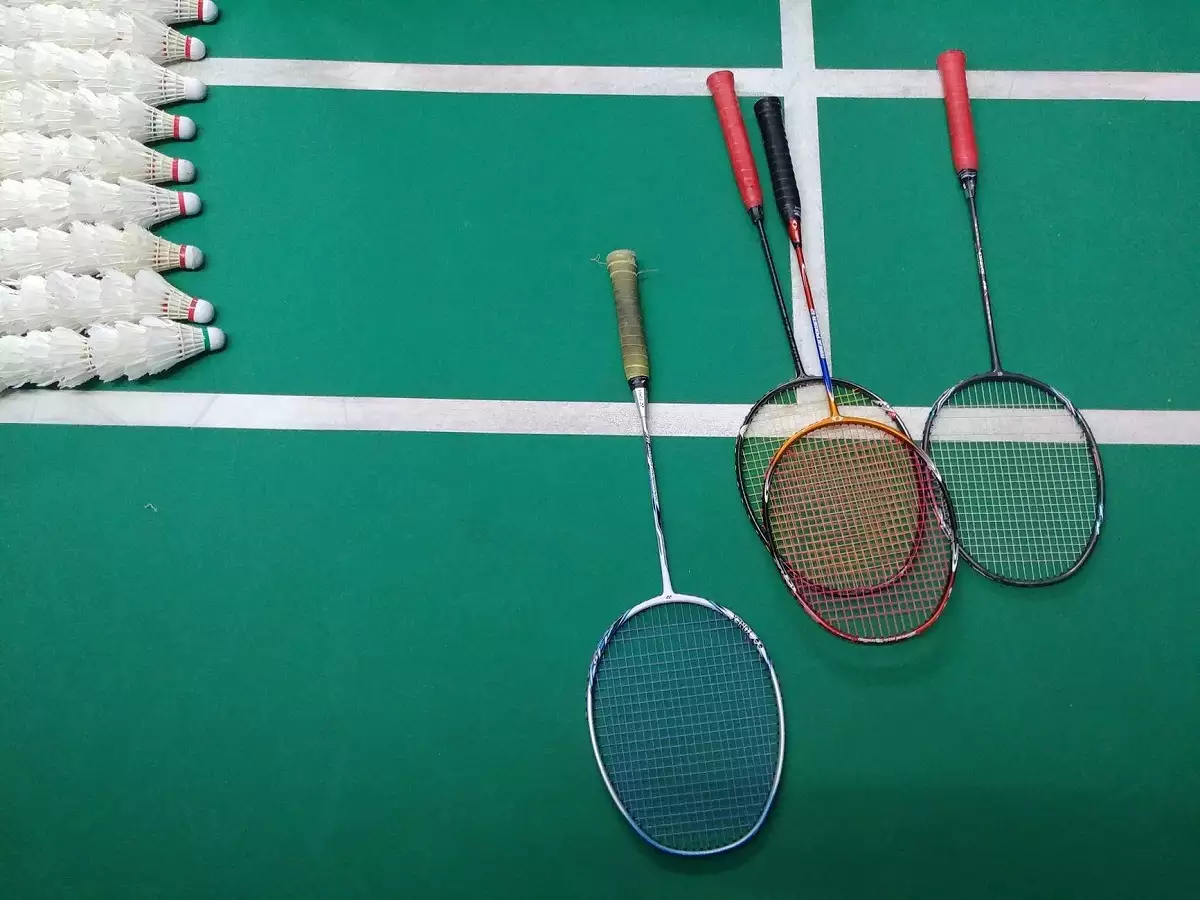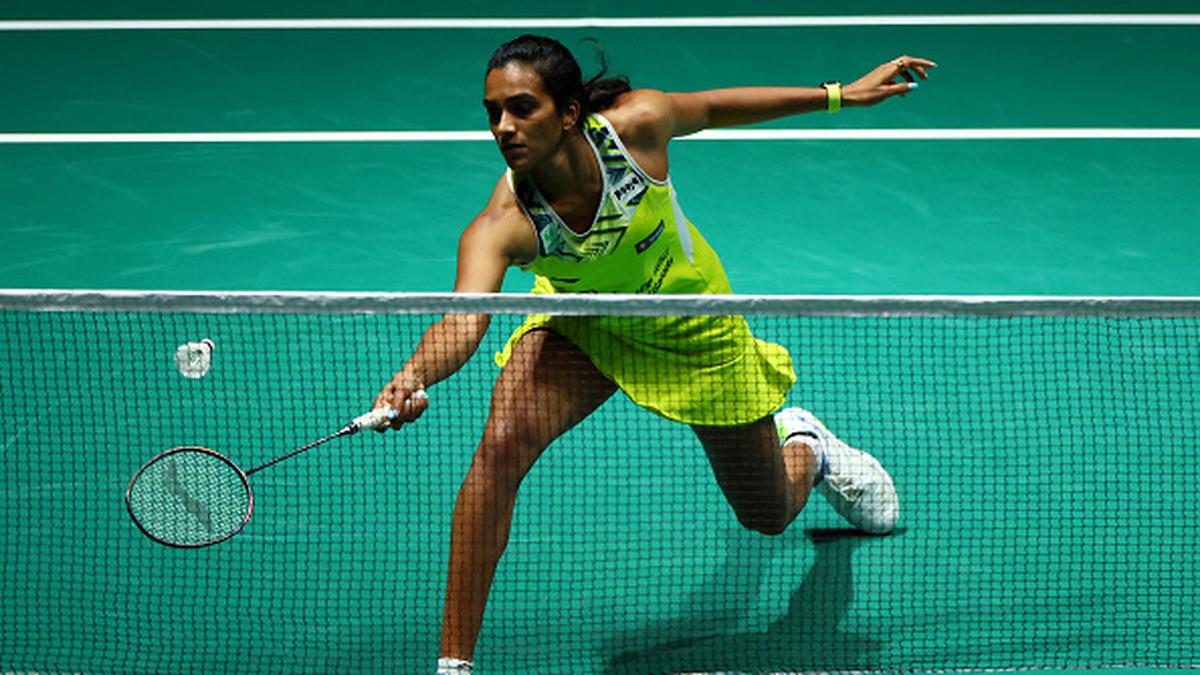Badminton is a sport that demands more than just physical prowess it requires mental toughness, focus, and a deep understanding of one’s own psychology. Beyond the swift shuttlecock exchanges and perfectly timed smashes, the psychology of badminton excellence plays a pivotal role in determining a player’s success on the court. In this article, we delve into the mental aspects that make a difference in the world of badminton.
Concentration and Focus: Badminton is a fast-paced sport with a tiny shuttlecock that can cross the net at lightning speed. Maintaining unwavering concentration and focus is crucial. Players must keep an eye on their opponent’s movements, anticipate the next shot, and react instantaneously. The ability to block out distractions and maintain a razor-sharp focus is a hallmark of excellence in badminton.
Mental Toughness: Badminton, like many other sports, can be mentally grueling. Matches can last for hours, and players often find themselves in high-pressure situations. Mental toughness is the ability to stay calm under pressure, bounce back from setbacks, and stay committed to the game plan. It is about managing anxiety and self-doubt, believing in oneself, and persevering when the going gets tough.
Visualization: Visualization is a powerful psychological tool used by many elite athletes, including badminton players. Before a match, players often visualize themselves executing perfect shots, moving effortlessly on the court, and ultimately winning. This mental rehearsal helps build confidence and reinforces positive mental imagery, which can be a game-changer during critical moments.

Emotional Control: Emotions can run high in badminton, especially during intense matches. Managing emotions like frustration, anger, or anxiety is vital for peak performance. Players must stay composed and channel their emotions positively. Emotional control not only enhances performance but also prevents unnecessary conflicts on the court.
Goal Setting: Setting clear, achievable goals is an essential part of the psychology of badminton excellence. Goals provide direction and motivation. Players often set both short-term and long-term goals, such as improving a specific aspect of their game or aiming for a particular ranking. Working towards these objectives helps maintain focus and drive.
Confidence: Confidence is the cornerstone of success in badminton. Believing in one’s abilities can be the difference between victory and defeat. Confidence is not just a byproduct of skill but a psychological state that can be cultivated through practice, positive self-talk, and successful experiences on the court.
Adaptability: Badminton is a dynamic sport, and players must be adaptable. They face different opponents, playing styles, and conditions. The ability to quickly adapt to new situations and make strategic adjustments mid-match is a testament to a player’s mental agility.
Resilience: In badminton, setbacks are inevitable. Losing a crucial point or match can be demoralizing, but resilience is the key to bouncing back. Resilient players view failures as learning opportunities, not as defining moments. They use setbacks to fuel their determination and come back stronger.
Sportsmanship: While badminton is a competitive sport, sportsmanship is a fundamental aspect of the game. Players must display respect for their opponents, the officials, and the rules. Maintaining good sportsmanship, even in high-stress situations, demonstrates mental maturity and enhances the overall experience of the sport.
